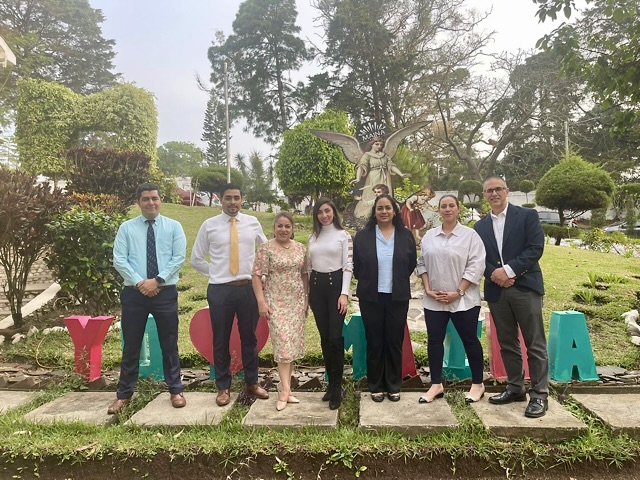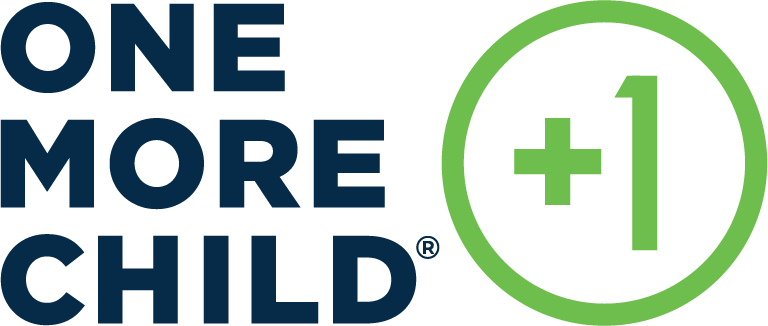
In April, key staff members from One More Child led trauma-informed trainings in Guatemala in partnership with the Secretaría contra la Violencia Sexual, Explotación y Trata de Personas (SVET).
SVET collaborates with other state institutions and civil society organizations to play a critical role in many areas of civil rights including protecting the human rights of individuals who are vulnerable to sexual violence, exploitation, and trafficking in Guatemala.
The trainings were attended by representatives from every child welfare agency in the country in specialty areas including police and investigators, shelter staff, case management, and more, demonstrating the significant interest in this critical area of work.
“Many of the participants were new to the idea of trauma-informed care and asked for ideas of how to implement that within their programs,” One More Child Director of Global Partnerships, Alan Andrews, said.
Trauma-informed care, designed to meet the complex needs of vulnerable children, was a key focus of the training. While trauma-informed care is often used with children who are adopted or in foster care, it has also been shown to be effective for survivors of sex trafficking. Survivors of sex trafficking often have complex needs because of the trauma they have experienced. These needs may include physical, emotional, and mental health issues, as well as difficulties with trust, attachment, and social relationships.
Trauma-informed care can be particularly important for survivors of sex trafficking because it focuses on building healthy relationships and addressing the underlying issues that contribute to trauma and attachment difficulties. Through trauma-informed care, survivors can learn to trust others, regulate their emotions, and develop healthy coping strategies.
One More Child saw trauma-informed care work firsthand in the story of trafficking survivor named Janet, whose life since birth was marked by physical abuse, sexual trauma, and loneliness. Despite never having received formal education and being homeless as a young teenager, with the help of One More Child’s trauma-informed Anti-Trafficking program, Janet was able to break the cycle of poverty and instability. She now has her own personal identification and immigration documents, access to healthcare, skills that helped her secure employment, and a team to pray with when she feels discouraged.
“The conference was very beneficial in strengthening the relationship with not just SVET but with a broad range of child welfare agencies in the country. We hope to partner with those agencies further so that they can continue to improve their services to help vulnerable children,” said Andrews.
One such agency was Modelo de Atención Integral de Niñez y Adolescencia (MAINA), an organization that connects services across the child welfare system in Guatemala to help them work together more effectively, invited One More Child staff to their offices during their visit to Guatemala.
MAINA is doing an exceptional job in this area with 177 arrests made for sexual violence against minors, 2,553 child victims heard by the Attorney for Children and Adolescents, and reduced response times for comprehensive care of survivors.
“Several leaders of SVET mentioned that they view One More Child as a partner in the child welfare system of Guatemala,” Andrews said.
And One More Child is happy to support the child welfare system and organizations however it can. We look forward to providing training to SVET and MAINA, in addition to the other participants who expressed an interest in trauma-informed care, to reach more vulnerable children in Guatemala.



